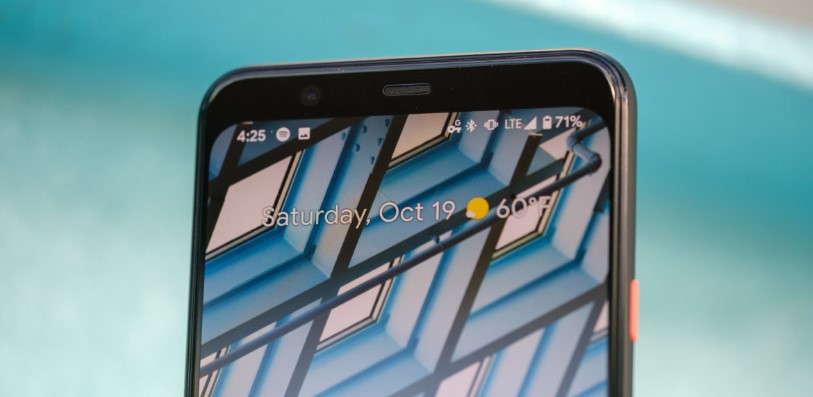
While the Pixel 4 and Pixel 4 XL are reaping accolades for their impressive camera capabilities, the phones also sport the best displays ever included in an Android smartphone. This feat was initially reported when DisplayMate tested the handsets and we can confirm their superiority with our own in-house test suite.
The Pixel 4 and 4 XL offer the best displays around for color temperature (not too cold or warm), as well as color accuracy, which verges on indistinguishable from perfect. The phones also offer top-notch gamma correction, beating other high-end handsets as the very best choice for movie buffs. The addition of a 90Hz refresh rate in certain scenarios is another selling point for gaming and overall smoothness. Although the handsets’ display quality is top-notch even without the 90Hz addition.
There are a couple of differences between the Pixel 4 and 4 XL models. The Pixel 4’s color temperature is a little closer to perfect out of the box. It’s also the slightly brighter display, hitting 445 nits versus 411 nits with the larger Pixel 4 XL. That makes it ever so slightly better for outdoor viewing, but the difference is small. Display brightness scores are the handsets’ only drawbacks. However, very high brightness is often only achieved by sacrificing color temperature and accuracy. Around 450 nits is good enough for all but the brightest direct sunlight.
90Hz OLED displays make an impact
Since first appearing on the scene, 90Hz displays have had a positive impact on the overall quality of some top-tier smartphone displays. The 90Hz capable OnePlus 7T was our previous high scorer. The 7T came out besting the Samsung Galaxy Note 10 Plus in color temperature, accuracy, and gamma capabilities. That’s no mean feat, given Samsung’s reputation. The Google Pixel 4 and 4 XL go even further, besting both in those three key categories as well.
90Hz, in and of itself, isn’t a particularly huge reason to buy a smartphone. It’s simply much easier to market than other display specifications since 4K and HDR aren’t making waves in mobile. Likewise, a number of other phones with 90Hz displays don’t provide the same high image quality as the OnePlus 7T and Pixel 4 range.
That said, it’s becoming quite clear that high-end and even mid-tier smartphone display technology is past the point of good enough. The best phone OLED displays are gradually closing in on perfect, as the Pixel 4 and 4 XL show. 90Hz displays offer tangible benefits for the app and gaming responsiveness that improve displays that once step further. However, I’d argue that image quality should always come first – 90Hz is a bonus, not the main reason to buy.
Fortunately, Google Pixel 4 and 4XL offer the best of both worlds – the best-looking smartphone display around with a high refresh rate to boot. That being said, the 90Hz mode isn’t engaged all the time and the phone’s battery life isn’t great. Both factors to consider before making a purchase.























